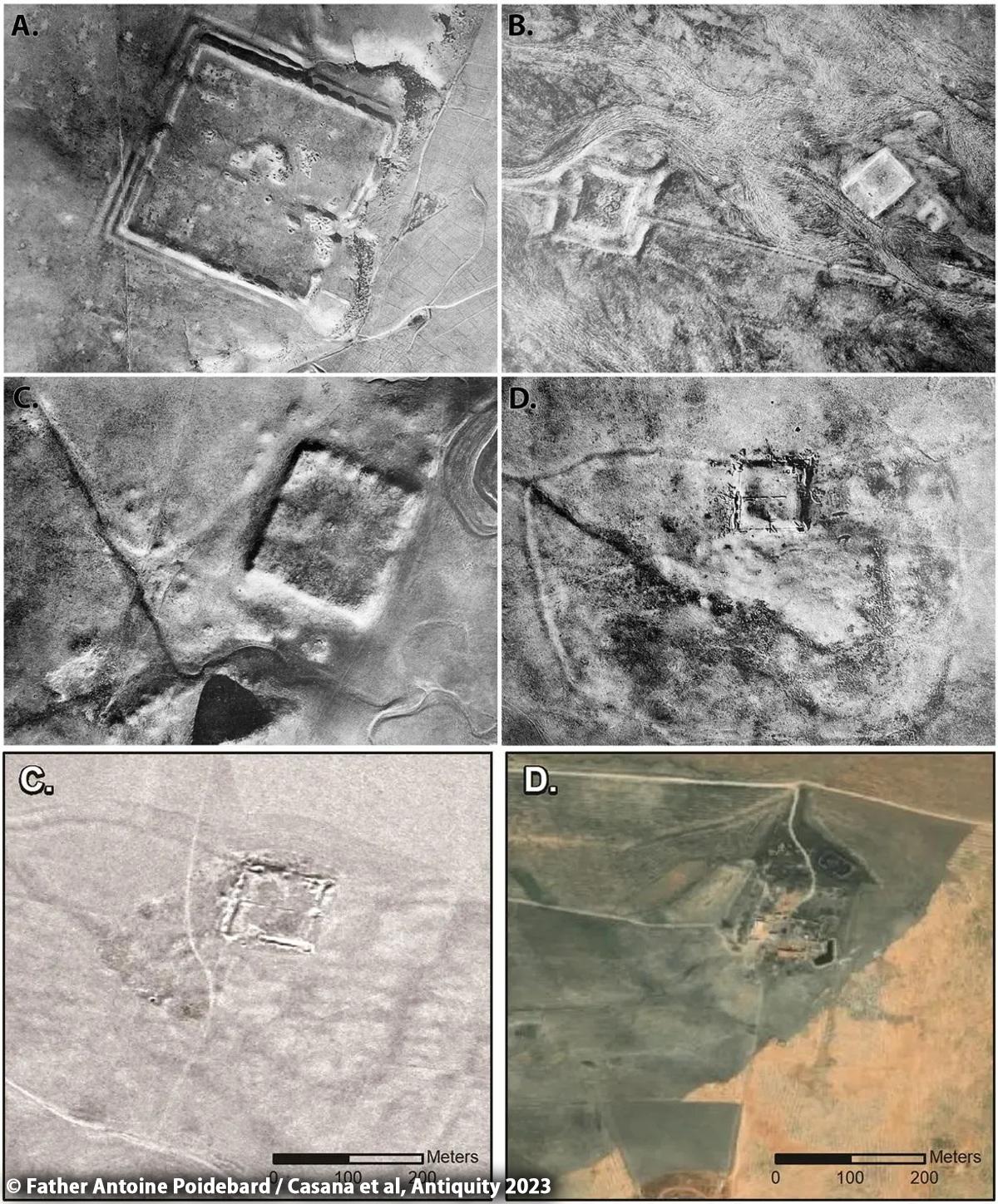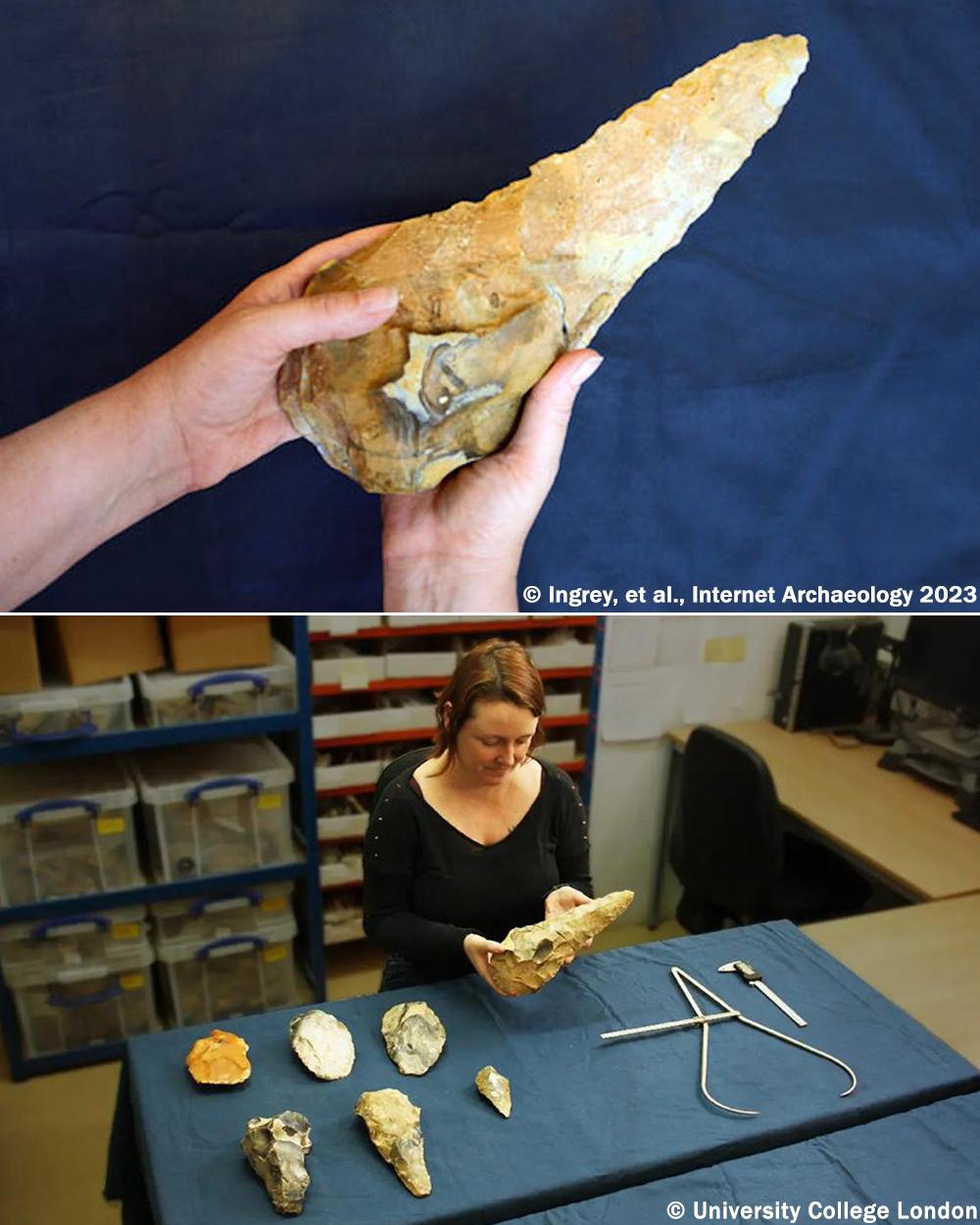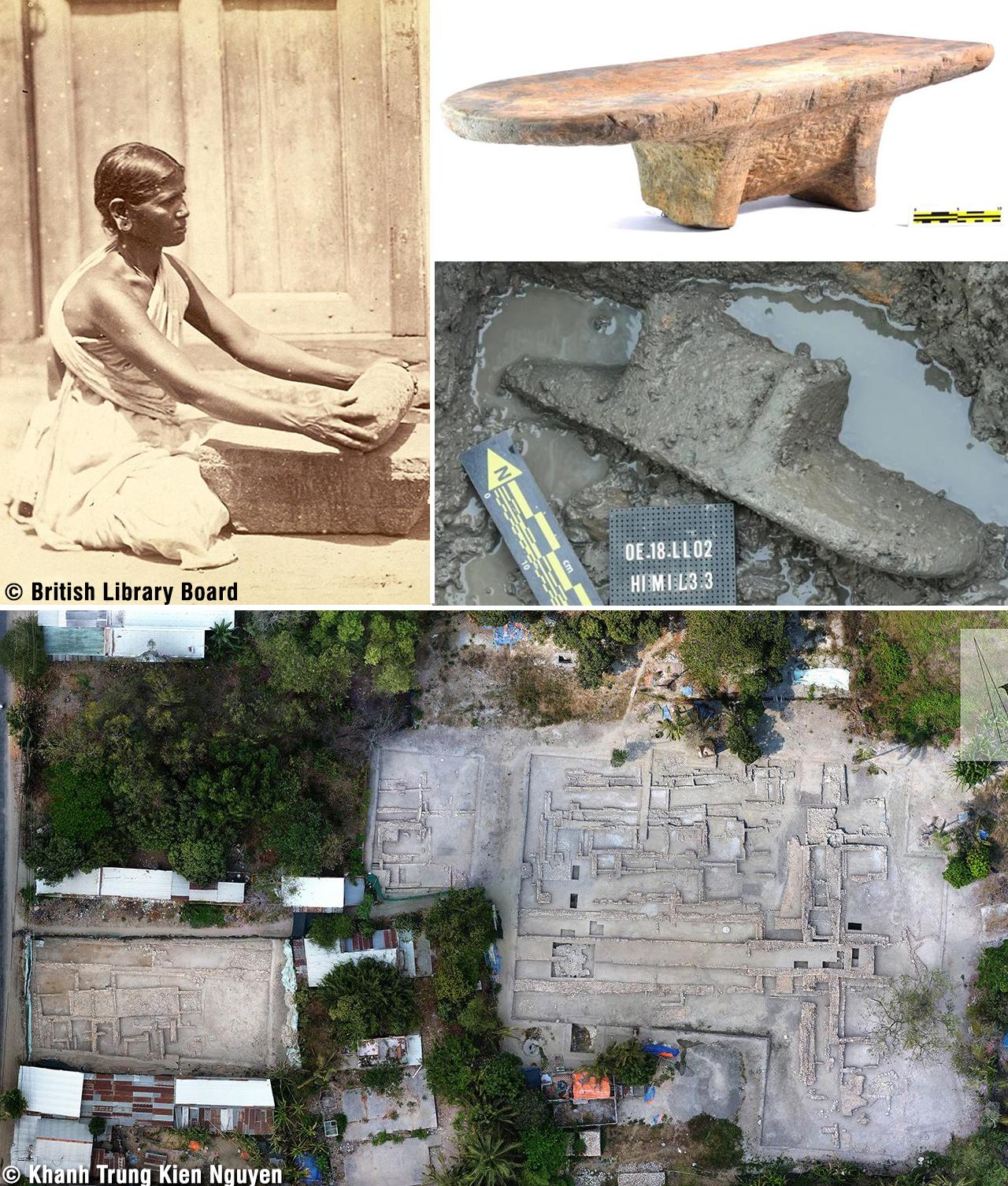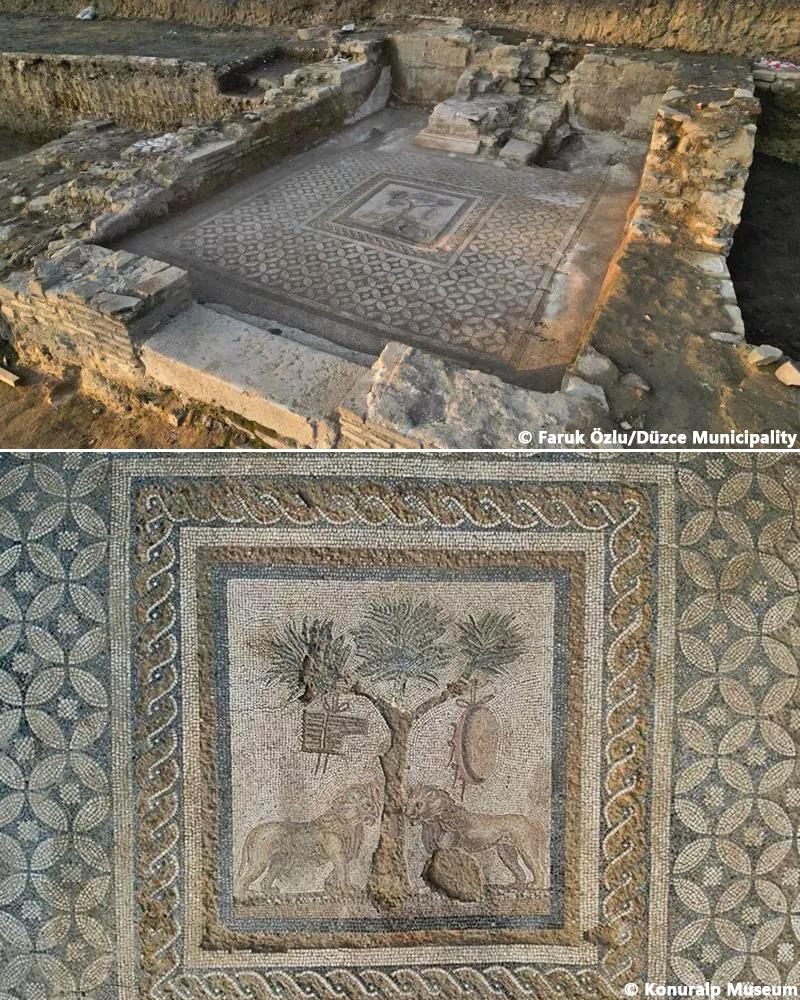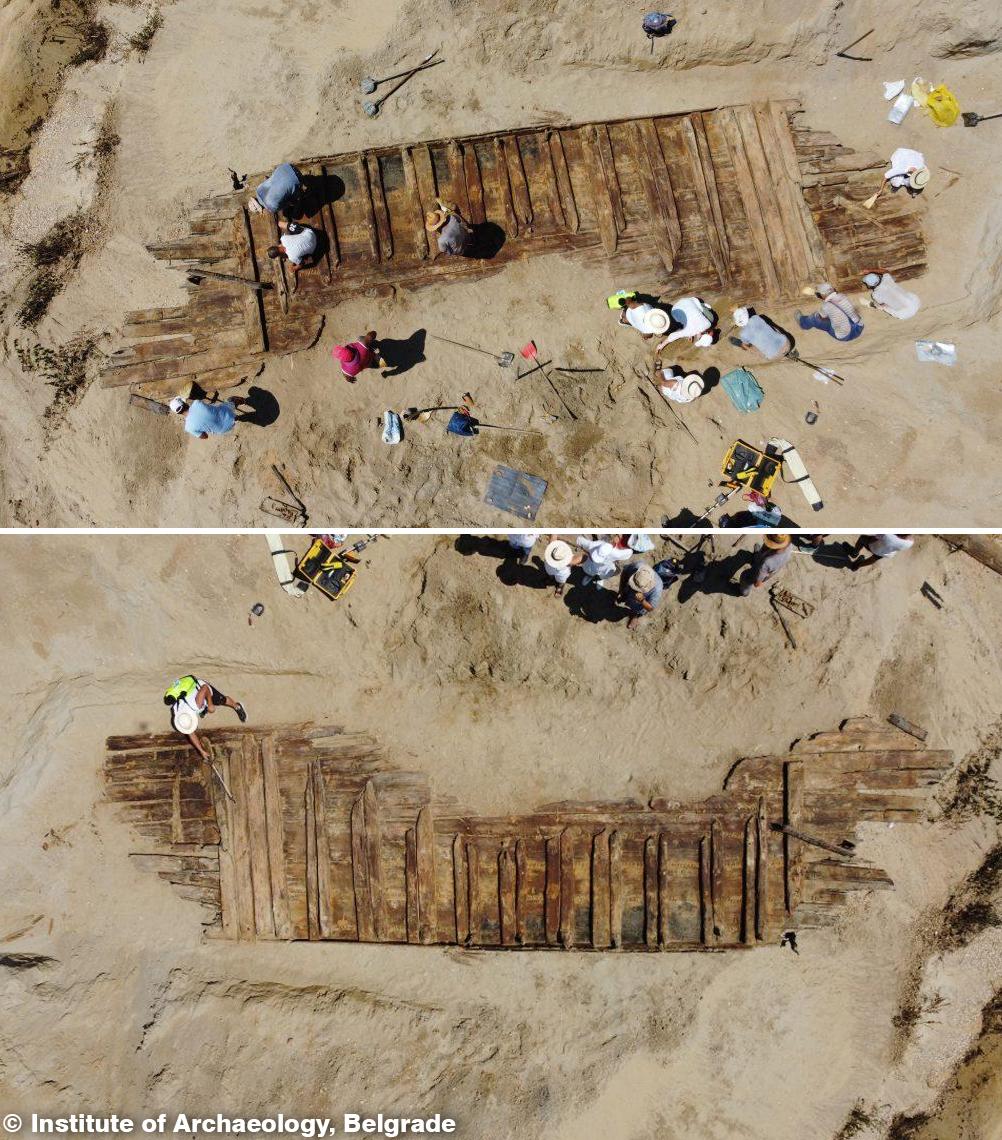Archaeologists from the National Institute of Anthropology and History (INAH) have uncovered an offering of human sacrifices at the Mexican town of Pozo de Ibarra.
The discovery was made during the construction of a sewage network, revealing the primary burial of an individual, accompanied with a deposit of human bones and skulls without any anatomical relationship.

The deposit contains numerous femurs, tibias, and ulna bones, with skulls deliberately positioned or stacked atop one another.
At least seven complete skulls have been recorded that belong to male individuals of different ages. Some of the skulls show evidence of cranial modification, a cultural practice among Mesoamerican cultures that involved alterations to the shape of the skull for aesthetic purposes and, possibly, as a form of social distinction.
A member of the excavation team explained to HeritageDaily that an anthropological study of the bone remains indicates that the deposit is part of a complex funerary system. This is evidenced by the fact that the bones were already skeletonised and deposited simultaneously.
“This method of arrangement suggests the existence of specific ceremonial practices associated with death in pre-Hispanic times in the region. The discovery is possibly related to the Amapa cultural phase (AD 500-800/850), because ceramic vessels and anthropomorphic figurines from that period were also recovered,” said INAH.
- Advertisement -
According to the researchers, the deposit can be interpreted to be a funerary rite involving male relatives from the same family, who were sacrificed to celebrate the founding of a settlement






